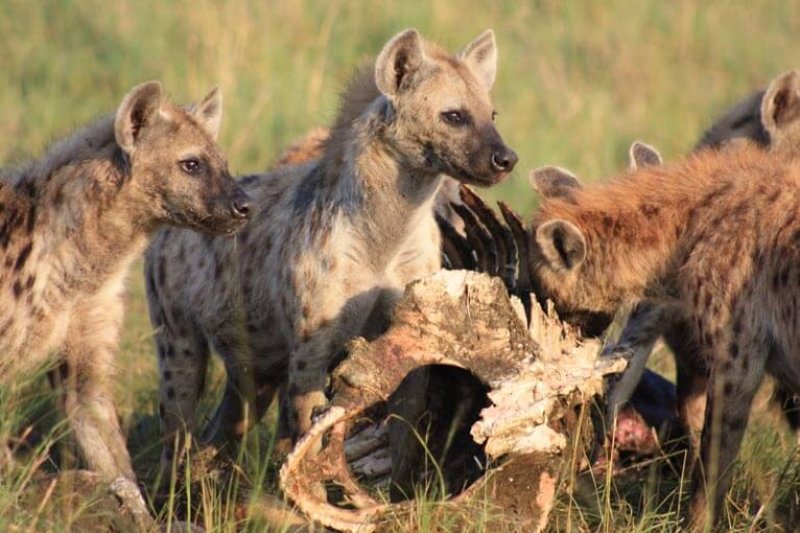To put it simply, we have let Darwinism set the horizon of possibility for human behavior. Competition has become a supposed basic feature of all life, something immutable, universal, natural. Yet new research from across various fields of study is throwing the putative scientific basis of this consensus into doubt.
…
The National Institutes of Health recently found that over 10,000 microbial species occupy what they call “the human ecosystem,” outnumbering human cells 10 to 1 and doing diverse kinds of work at almost every level of the body’s processes.
…
Ecologist Suzanne Simard, as one example, has spent the past 2½ decades studying the symbiotic fungal networks that nurture and connect trees. Thin tendrils that tangle around plants’ roots, called mycorrhizal fungi, provide increased water and nutrient absorption capabilities to plants and receive carbohydrates from photosynthesis in return.
…
[W]e must learn to recognize the impulse to naturalize a given human behavior as a political maneuver. Competition is not natural, or at least not more so than collaboration.This insight could hardly come at a more opportune time. With our climate crisis mounting, we dearly need new ways to think about our relationships to the diverse entities that share our planet.































